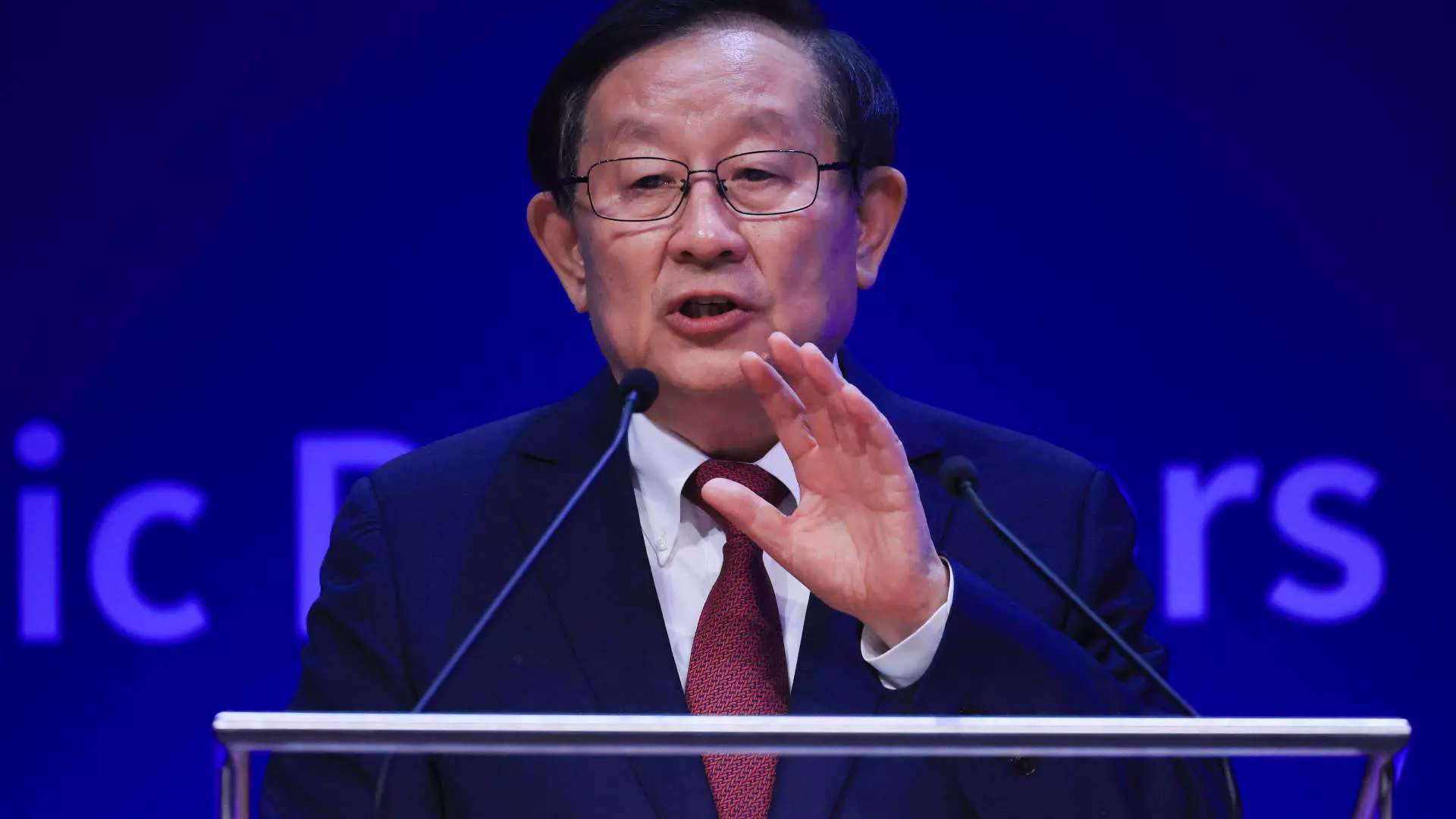In a recent panel discussion at the World Economic Forum’s “Summer Davos” meeting in Dalian, China, Wan Gang, the man behind China’s electric car strategy, proposed that Chinese investment in the European electric vehicles industry could be a way forward for both sides amid trade tensions. This suggestion comes at a time when the European Union is conducting a probe into the role of subsidies in Chinese electric cars and has announced an increase in tariffs on imports of such vehicles.
Wan Gang emphasized the importance of negotiations between China and the EU to explore opportunities for combining investment in the electric vehicles sector with commodity trade. He highlighted the possibility of Chinese companies investing in Europe as a means to create local jobs and foster economic growth in the region. This approach could not only benefit the European market but also provide Chinese companies with avenues for expansion and collaboration on a global scale.
As China continues to make significant strides in the adoption of electric vehicles, Wan Gang reflected on the country’s journey towards sustainable mobility. With a focus on reducing air pollution and promoting clean energy initiatives, Chinese cities have witnessed a surge in the sales of new energy vehicles, including battery and hybrid-powered cars. However, Wan Gang acknowledged that there are challenges that the electric car industry must address, such as range anxiety among drivers and the need for improved safety features on the road.
Looking back at his early involvement in advocating for electric cars in China, Wan Gang emphasized the necessity of prioritizing long-term sustainability over immediate gains. He noted that China’s decision to invest in electric vehicles was driven by concerns about energy security, environmental impact, and the country’s larger strategic goals. By focusing on developing a domestic electric vehicle market, China aimed to enhance its competitiveness in the global automotive industry while also addressing pressing environmental issues.
In light of the evolving landscape of the electric vehicles market, Wan Gang underscored the importance of technological innovation in driving industry growth. He highlighted the need for electric car manufacturers to incorporate advanced features such as autonomous charging capabilities and driver-assist technologies to enhance the overall user experience and address consumer concerns. By investing in research and development, companies can stay ahead of the curve and meet the demands of an increasingly competitive market.
As China and the European Union navigate trade tensions and seek opportunities for collaboration, the electric vehicles industry presents a promising avenue for mutual cooperation. By leveraging each other’s strengths and resources, both sides can foster innovation, create sustainable solutions, and drive economic growth in a rapidly changing global landscape. With a shared commitment to promoting clean energy and sustainable mobility, Chinese investment in the European electric vehicles industry could pave the way for a more interconnected and prosperous future for all.

